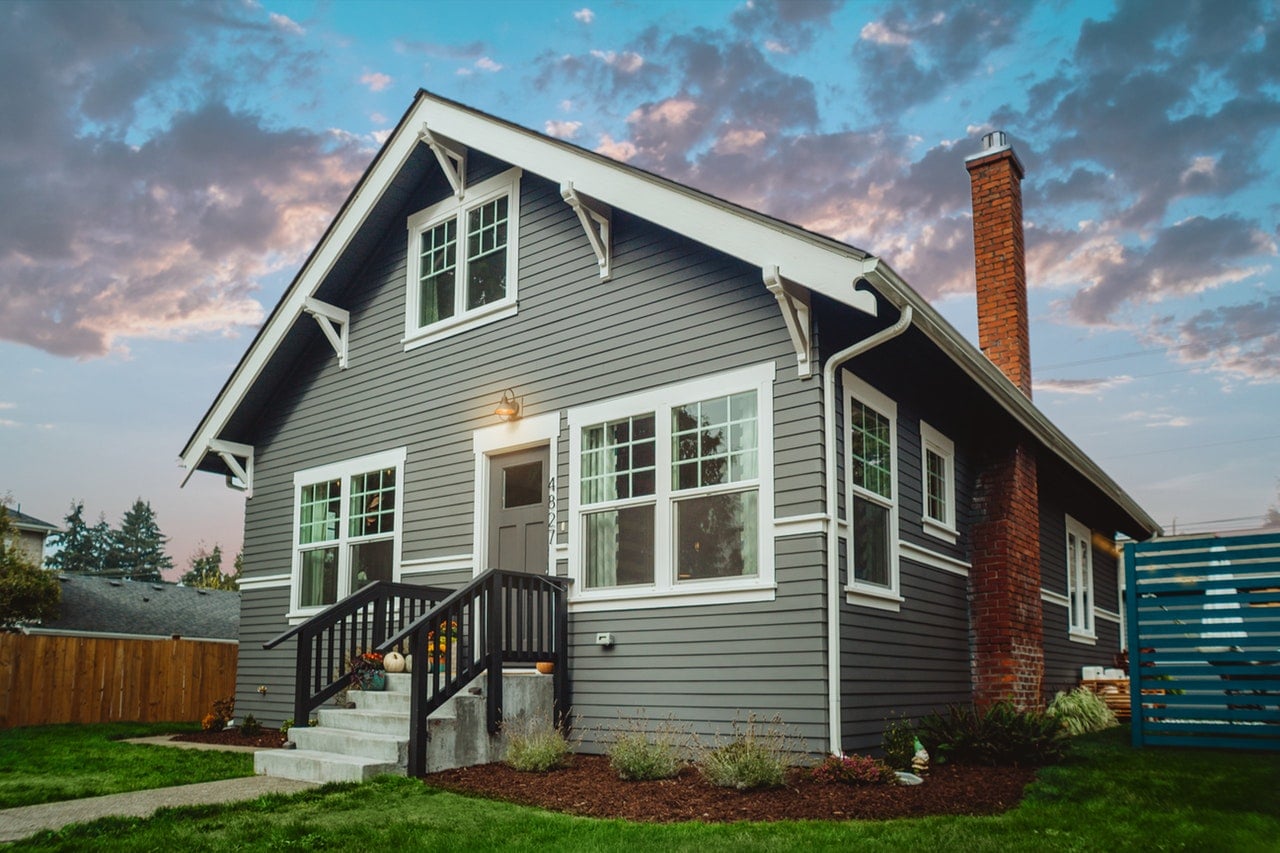At first glance, real estate investment seems like a great way to earn some extra money. You’ll earn money for your family and your future, while gaining valuable knowledge and experience, and expanding your property value. New online services make it more possible than ever before for the average family to invest in commercial or rental property. But are those services really good for your family?
Even with all the support offered, you still need some basic know-how before you make any decisions. For example, exploring options like gator landing can provide valuable insights and resources for families considering real estate investment ventures.
Here are seven things you need to know before investing in a property.
IMAGE: PEXELS
1. Don’t Go With Your Gut
When you’re shopping for a home for your family, it’s common for a real estate agent to suggest you lead with your feelings. You’ll know when you found the right home, if it feels right. That might be true when you’re shopping for a home for your family. But when you’re shopping for a real estate venture, you need to think about the logistics.
Look for things you can get a higher price for. If you’re interested in flipping, look for homes that you can get at a decent price and think about how complex the reno will be. Remember, unlike the last time you bought a home, this is a business transaction. Don’t be afraid to negotiate. And if you feel you’re not getting the right deal, walk away. There are other properties.
2. Do Plenty Of Research
Research the area you’re looking at buying in. If you’re looking to set up a rental property, look around at comparable rentals and expected market value. Make sure the property is in a location that will attract the right clients.
If you’re looking to set up a high end luxury space, don’t choose a neighborhood overrun with students and artists. If you want city-dwelling business-minded men and women, stay away from neighborhoods that are full of young families.
3. Know Who You’re Getting Into Business With
Do research into the lenders and investment partners you’re working with to help you secure finance and purchase your first investment property. Vet the services you’re using by searching out is Fundrise legit. Again, this is a business transaction, so go in with confidence and foreknowledge, and make sure you’re getting the most up-to-date information you can find.
4. Secure A Solid Downpayment
Compared to the 3% you will need for a downpayment on personal property, the 20% you’ll want for your first investment property is a big change. You’ll also want to factor in any costs relating to repairs or renovations for the time before you rent or sell. Mortgage insurance is not applicable for investment properties.
Investment properties also have stricter approval requirements. So it’s best to go in prepared to make a higher than necessary down payment, and factor in the costs of any changes you want to make beforehand. The longer your investment property stays empty, the more it will cost you in the long run.
5. Calculate Expenses Beforehand
Related to the point about the down payment, you’ll want to make a solid budget plan. Factor in repairs and maintenance, and make sure you bear in mind how much rent you expect to be receiving, or the price of the home you’re investing in, plus the amount of time you can reasonably expect it will stay on the market.
You can find this information by doing your research into the area, and talking with realtors who sell or rent near your property.
6. Don’t Break The Bank On Your First Real Estate Property
Even if you have saved up a considerable amount to spend on your first property, you don’t need to blow it. Keep your first renovations or flips simple and cosmetic, and get what help you can to make it as inexpensive as you can. If you’re going to spend that extra cash, do it on your down payment, and save yourself in the long run.
7. Screen Tenants Carefully
If it’s important not to fall victim to your emotions when you’re actually making a purchase, it’s doubly important when you’re getting ready to rent a new place out, to not let your emotions rule you. You’ve just spent a lot of money on this property, after all, and the wrong tenant is just going to make it more expensive after the fact.
Do your background checks, check for employment and references. Know your rights as a landlord, and carefully screen tenants, or it will become a problem later on.
Buying your first investment property takes a lot of work and research. But if you’ve done your homework, and keep a reasonable budget in mind, your financial future is bright. And with the right tenants, your first real estate venture is set for success.
If you are interested in even more business-related articles and information from us here at Bit Rebels, then we have a lot to choose from.


COMMENTS